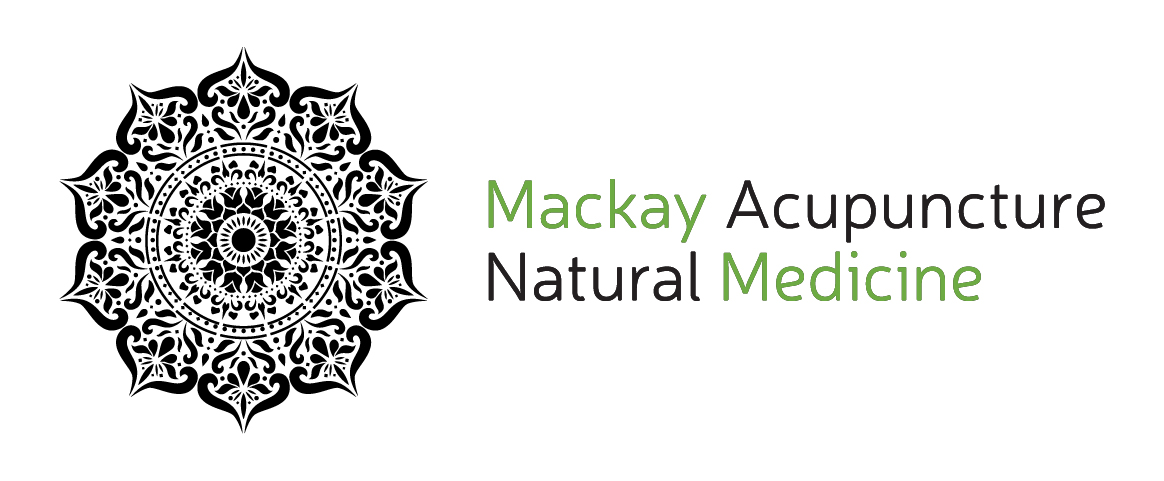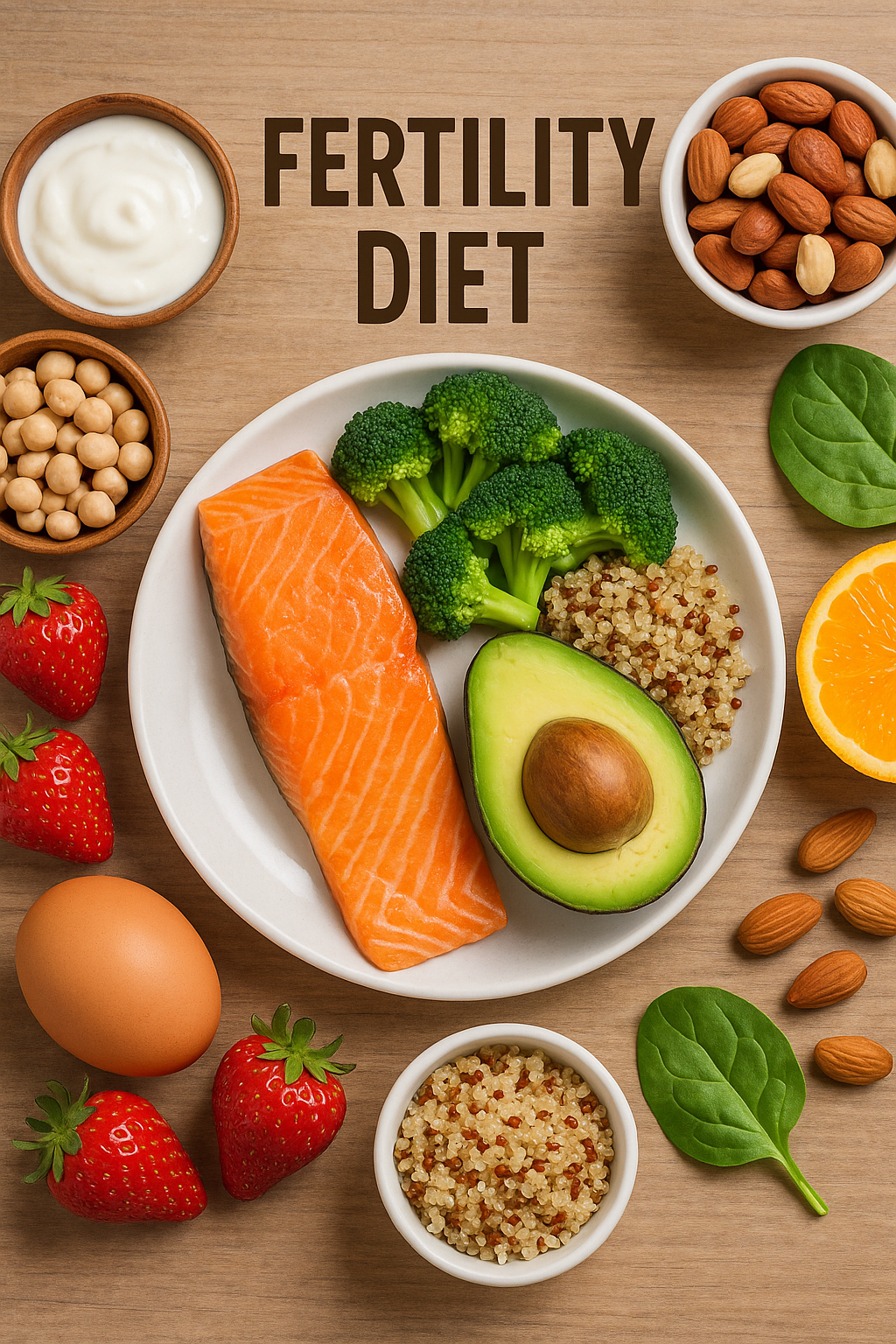 Fertility is deeply influenced by body weight, nutrition, and even traditional medicine practices. For both men and women, maintaining an optimal weight is crucial for hormonal balance, sperm quality, and reproductive function. Whether you’re overweight or underweight, a healthy diet can significantly enhance fertility outcomes. Additionally, traditional Chinese herbs have long been used to support fertility, particularly in conditions like endometriosis and polycystic ovary syndrome (PCOS), which can significantly affect reproductive health.
Fertility is deeply influenced by body weight, nutrition, and even traditional medicine practices. For both men and women, maintaining an optimal weight is crucial for hormonal balance, sperm quality, and reproductive function. Whether you’re overweight or underweight, a healthy diet can significantly enhance fertility outcomes. Additionally, traditional Chinese herbs have long been used to support fertility, particularly in conditions like endometriosis and polycystic ovary syndrome (PCOS), which can significantly affect reproductive health.
In this blog, we will explore the best fertility diet for overweight and underweight individuals and discuss Chinese herbs that have shown promise in managing endometriosis and PCOS.
1. Understanding the Fertility Challenges of Overweight and Underweight Individuals
Before diving into diet and herbal recommendations, it’s important to understand how body weight can impact fertility.
-
Overweight Women and Men: Excess weight can cause hormonal imbalances, insulin resistance, and inflammation. In women, this can interfere with ovulation, and in men, obesity may lead to reduced sperm motility and testosterone levels. Overweight individuals are also more prone to conditions like PCOS, which can hinder fertility.
-
Underweight Women and Men: For women, being underweight (BMI below 18.5) can lead to irregular periods, anovulation (lack of ovulation), and difficulty maintaining a healthy pregnancy. In men, being underweight can negatively affect sperm count, motility, and overall reproductive health.
Achieving and maintaining a healthy weight is key to supporting fertility. Alongside a healthy diet, Chinese herbs can help manage specific fertility conditions like endometriosis and PCOS, which often contribute to fertility issues.
2. The Best Fertility Diet for Overweight Individuals
A healthy diet for overweight individuals should focus on weight loss while supporting hormonal balance and overall fertility. Here are the best dietary guidelines for both men and women:
a. Whole, Nutrient-Dense Foods
A balanced diet rich in vitamins and minerals supports fertility. Include:
-
Leafy Greens and Vegetables: High in folate, antioxidants, and fiber, these are essential for reproductive health.
-
Lean Proteins: Chicken, fish, and legumes help maintain muscle mass and promote hormone production.
-
Whole Grains: Brown rice, quinoa, oats, and whole wheat are complex carbohydrates that help regulate blood sugar and insulin levels.
b. Healthy Fats
Essential fatty acids, especially omega-3s, play a key role in hormone production and inflammation reduction. Include:
-
Fatty fish (salmon, sardines, mackerel)
-
Chia seeds, flaxseeds, walnuts
-
Olive oil, avocado, and other plant-based oils
c. Limit Refined Carbs and Sugary Foods
Refined carbohydrates and sugary foods can spike insulin levels and contribute to insulin resistance, which is a common issue in overweight individuals. Choose complex carbs and avoid processed snacks.
d. Healthy Weight Loss
To support healthy weight loss, aim for a moderate caloric deficit (about 500 calories/day) to lose approximately 1 pound per week. This helps regulate insulin and promotes hormonal balance.
e. Hydration
Drink plenty of water throughout the day. Staying hydrated supports metabolism and detoxification, which is important for fertility.
3. The Best Fertility Diet for Underweight Individuals
For underweight individuals, the goal should be to gain weight in a healthy manner while ensuring hormonal balance. Here are dietary recommendations for both men and women:
a. Increase Caloric Intake with Nutrient-Dense Foods
To gain weight healthily, focus on high-calorie foods that also offer essential nutrients:
-
Healthy Fats: Avocados, nuts, seeds, and full-fat dairy can help boost calorie intake.
-
Lean Proteins: Eggs, fatty fish, and legumes are important for hormone production and muscle mass.
-
Whole Grains and Starches: Quinoa, oats, sweet potatoes, and whole wheat bread provide energy and nutrients.
b. Frequent, Smaller Meals
Eating smaller, frequent meals can help underweight individuals meet their calorie requirements without feeling overly full.
c. Include Fertility-Boosting Foods
These foods support reproductive health:
-
Leafy Greens and Cruciferous Vegetables: High in folate and antioxidants, these help balance hormones.
-
Berries and Citrus Fruits: Rich in vitamin C, which protects reproductive cells from oxidative damage.
-
Full-Fat Dairy: Studies suggest that full-fat dairy may support fertility by providing healthy fats and essential vitamins.
d. Limit Processed Junk Foods
Avoid relying on processed, unhealthy foods. While gaining weight is important, processed foods can lead to inflammation and hormone imbalances, which can negatively affect fertility.
e. Gut Health
Good gut health is critical for hormone regulation. Incorporate probiotics, fiber-rich vegetables, and fermented foods to improve digestion and nutrient absorption.
4. Chinese Herbs for Endometriosis and PCOS
In addition to a balanced diet, certain Chinese herbs have been used for centuries to address reproductive health issues like endometriosis and PCOS. These herbs are often used in Traditional Chinese Medicine (TCM) to balance the body’s energy (Qi), support hormonal function, and reduce inflammation.
a. Chinese Herbs for Endometriosis
Endometriosis is a painful condition where tissue similar to the uterine lining grows outside the uterus, causing inflammation, scarring, and fertility issues. Several Chinese herbs have been shown to help manage symptoms and improve fertility in women with endometriosis:
-
Dong Quai (Angelica sinensis): Known as the “female ginseng,” Dong Quai has anti-inflammatory properties and helps balance hormones. It is often used to regulate the menstrual cycle and improve blood circulation to the reproductive organs.
-
Gui Zhi (Cinnamon Twig): This herb is often used to improve blood flow and regulate the menstrual cycle, especially in women with blood stagnation, a common TCM diagnosis for endometriosis.
-
Chai Hu (Bupleurum): Known for its ability to “move” liver Qi, Chai Hu helps reduce liver stagnation, which is often associated with endometriosis. It is commonly used to relieve pain and improve hormonal balance.
-
Yi Mu Cao (Leonurus): This herb is frequently used in TCM to treat gynecological conditions. It has blood-moving properties and is believed to help reduce pelvic congestion and inflammation in cases of endometriosis.
b. Chinese Herbs for PCOS
Polycystic ovary syndrome (PCOS) is a hormonal disorder that can affect fertility, leading to irregular periods and cysts on the ovaries. TCM often uses herbs to balance hormones and regulate the menstrual cycle. Some commonly used herbs for PCOS include:
-
Peony (Paeonia lactiflora): Peony is used to balance estrogen levels and reduce symptoms like menstrual irregularities, ovarian cysts, and mood swings.
-
Huang Qi (Astragalus): Known for its immune-boosting and anti-inflammatory properties, Huang Qi helps strengthen the body’s overall energy and can support ovarian function in women with PCOS.
-
Cinnamon (Rou Gui): Cinnamon is used in TCM to improve blood circulation and help regulate insulin levels, which is particularly important for women with PCOS who may experience insulin resistance.
-
Shu Di Huang (Rehmannia): This herb nourishes the blood and helps regulate hormonal imbalances, making it useful for women with PCOS who experience irregular periods or ovarian dysfunction.
Reference: A review in The Journal of Ethnopharmacology highlighted that traditional Chinese herbs like Dong Quai, Peony, and Huang Qi have shown positive effects on reproductive health and are commonly used in the treatment of endometriosis and PCOS (Zhou et al., 2016).
5. Conclusion
Whether you’re overweight or underweight, achieving a healthy body weight is essential for improving fertility. A well-balanced diet, rich in whole foods, healthy fats, and lean proteins, can help support hormonal balance and optimize reproductive health. Alongside dietary changes, Chinese herbs such as Dong Quai, Gui Zhi, and Peony can be valuable adjuncts to managing conditions like endometriosis and PCOS, which often complicate fertility.
Before making any significant changes to your diet or adding herbs to your routine, it’s important to consult a healthcare professional or fertility specialist to create a personalized plan that supports your specific fertility needs.
References:
-
Zhou, W., et al. (2016). “Chinese herbal medicine for treating polycystic ovary syndrome: a systematic review and meta-analysis.” Journal of Ethnopharmacology, 194, 75-90.
-
Zhao, H., et al. (2019). “Effectiveness of Chinese herbs in the treatment of endometriosis: a systematic review.” The Journal of Alternative and Complementary Medicine, 25(10), 1029-1037.
-
Moran, L. J., et al. (2011). “The impact of obesity and weight loss on ovulation and fertility outcomes in women with polycystic ovary syndrome.” Human Reproduction Update, 17(4), 531–538.


